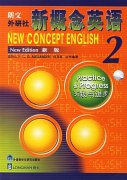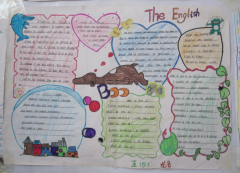高中英语语法:情态动词种类
编辑:高中作文网 高中英语语法:情态动词种类
1. can表示体力或脑力方面的“能力”、“技能”或根据客观条件能做某种动作的“可能性”, 但表示人的体力或智力的具体动作时须用 be able to .
He was able to do that without any help.他不需要任何帮助就能完成这项工作。
2. may表示“允许,可以”,相当于be allowed to .
may或might可和as well连用,表示“建议”,译为“还是……的为好”
You may as well keep a certain distance from that mad man. 你们还是离那疯子远点为好。
You might as well go home now.你还是现在回家为好。
3. must表示“必须”或“应当”、“一定”。
4. have to 加动词原形,表示“不得不”,“必须”,它比must更强调客观。
Tom had to work into the deep night every day to earn a living. 汤姆为了生计每天都得工作到深夜。
5. should 表示“劝告”,“建议”或“义务”时,译作“应当”,或表示“预测”和“可能”。
He should take care of his parents as they are old enough not to live on themselves. 由于父母亲老了,不能自理,他应当照顾他们。
He should be there now. 他应该在那儿。
should have done在虚拟语气中表示“责备或后悔”。
6. ought ,只有一种形式,且ought后必须加to,然后跟接动词原形表示“有义务”或“必要”做某事,译为“应当,应该”。
7. dare 可以用作情态动词,后面跟不带to的动词不定式,这主要用于否定句中,它本身可有现在时第三人称单数,词尾加s,它还可以有ing分词形式(daring)和过去式及ed分词形式(dared)。








